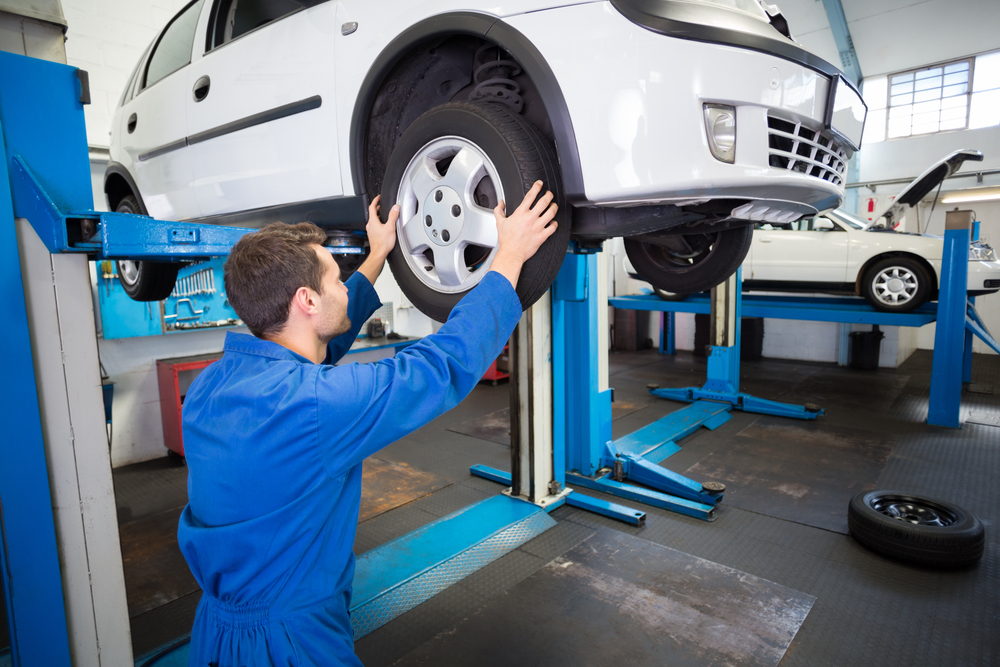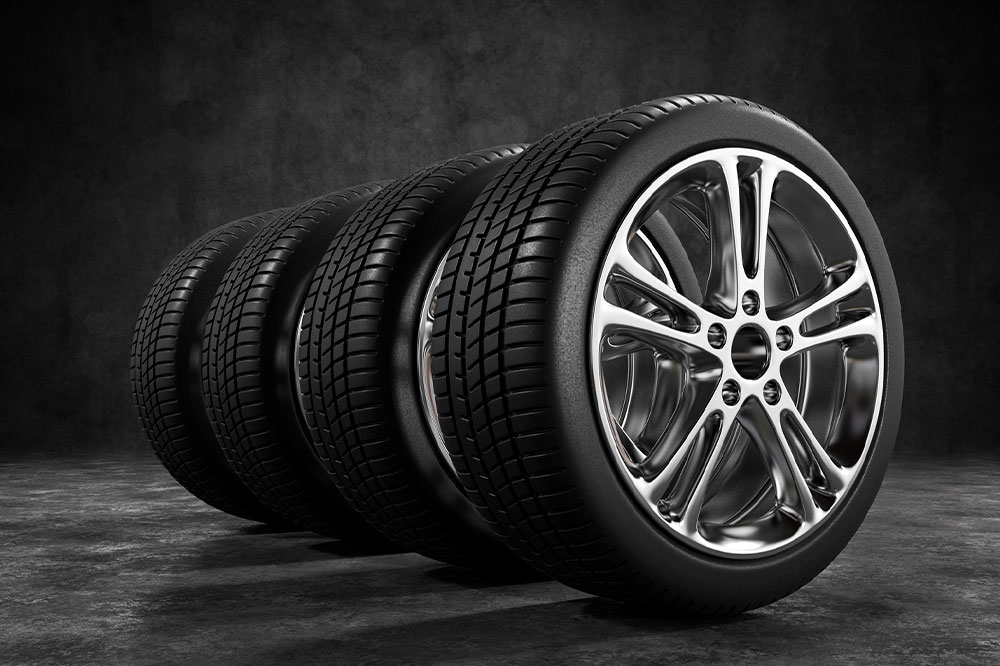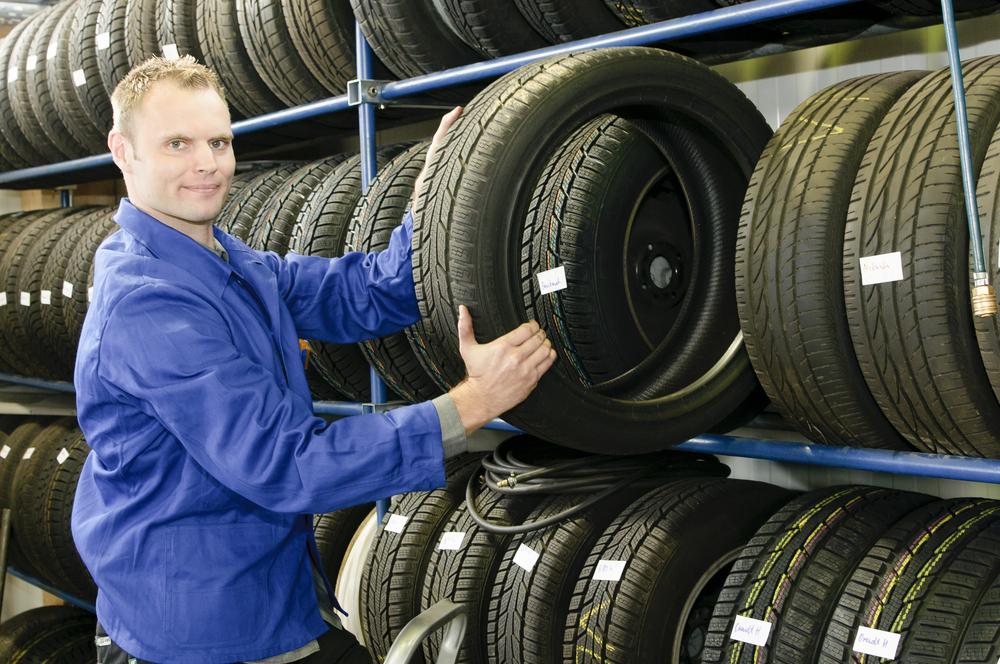Comprehensive Guide to Choosing the Perfect Car Tires for Safety and Performance
This comprehensive guide provides vehicle owners with essential tips for choosing the right car tires. It covers key factors such as tire wear, timing, compatibility, and maintenance to ensure safety, performance, and savings. Whether replacing worn-out tires or upgrading for better handling, this article offers expert advice to help you make informed purchasing decisions, with a focus on safety, durability, and cost-effectiveness.

Comprehensive Guide to Choosing the Perfect Car Tires for Safety and Performance
Selecting the right tires for your vehicle is a crucial decision that directly impacts your safety, driving experience, and the longevity of your vehicle. With countless options available both online and offline, and abundant advice circulating from friends, online reviews, and specialist sources, making the right choice can often feel overwhelming. This comprehensive guide aims to clarify the essential factors you should consider when purchasing new car tires, helping you make informed decisions that balance cost, quality, and safety.
Many vehicle owners underestimate the importance of appropriate tire selection. Proper tires enhance handling, fuel efficiency, and safety, especially under different road and weather conditions. Whether you are replacing worn-out tires or upgrading for better performance, understanding the key aspects involved in tire selection is vital. This detailed article covers everything from understanding tire specifications to timing your purchase, ensuring you get the best value and reliability for your investment.
Expert Tips for Smart Car Tire Purchases
If you're satisfied with your current tire model and have had good performance, consider purchasing the same type for your next set. Consistency in tire brand and model can often ensure predictable handling and safety. However, always verify that your existing tires meet your vehicle's needs and are suitable for the driving conditions you frequently encounter.
Monitor tire wear regularly. Tire lifespan varies depending on the type and usage, but most experts recommend inspecting tires every few thousand miles. Look for uneven tread wear, cracks, bulges, or signs of damage to determine if replacement is necessary.
Know the optimal replacement time. Typically, tires need replacement every six to ten years, regardless of tread condition, due to rubber aging. Always check the manufacturing date stamped on the tire sidewall to inform your decision.
Assess physical damage and signs of deterioration. Before making a purchase, inspect any tires showing signs of cuts, punctures, or visible sidewall damage. When exploring new brands, verify that they are compatible with your vehicle’s specifications, including size, profile, and load capacity.
Research thoroughly for the best deals. Comparing online prices and deals from reputable vendors can result in significant savings. Make sure to verify manufacturing details such as load index, speed rating, and compliance with safety standards to ensure proper fitment and performance.
Avoid using worn-out tires. Beyond safety risks, damaged or excessively worn tires can cause uneven wear on your vehicle’s suspension and other components, leading to more costly repairs later. Pay attention to load ratings to ensure your tires can adequately support your vehicle's weight, especially for trucks or heavier cars.
Choose the right season and timing for your purchase. Fall is generally considered the best time to replace tires due to wear and optimal traction performance. Spring replacements are less ideal because of increased risk of slipping on wet or icy roads, though in certain climates, all-season tires can be a suitable choice throughout the year.
Select tires based on your vehicle's use. Passenger car tires are typically less expensive and designed for comfort and smooth driving. For trucks, SUVs, or vehicles used for towing or off-road driving, opt for tires with higher load capacities, durability, and specific tread patterns to handle demanding conditions.
Finding the best deals on tires requires a strategic approach. Knowing where to shop and when to buy can save you money while ensuring quality. Proper maintenance practices, such as regular tire rotations, correct inflation, and alignment checks, significantly extend the lifespan of your tires. Always confirm that your selected tires are compatible with your vehicle specifications to maximize safety, performance, and comfort on the road.





